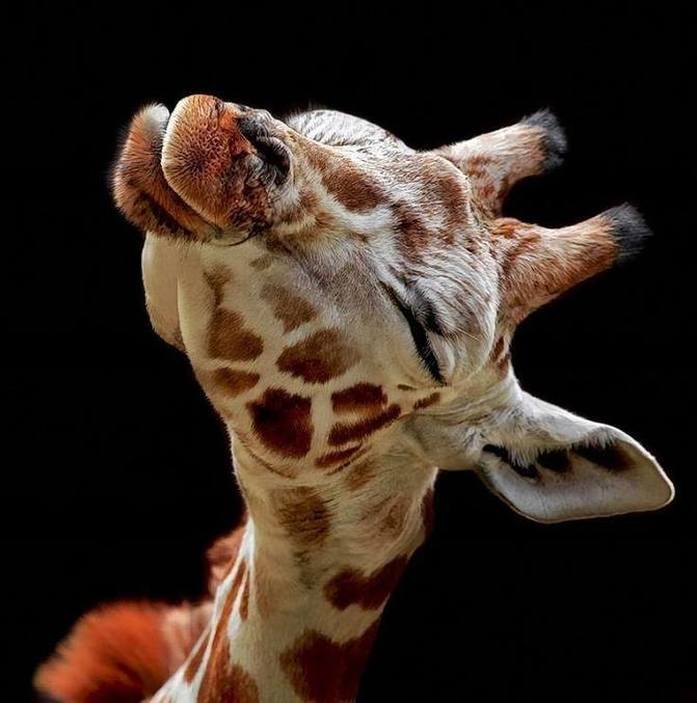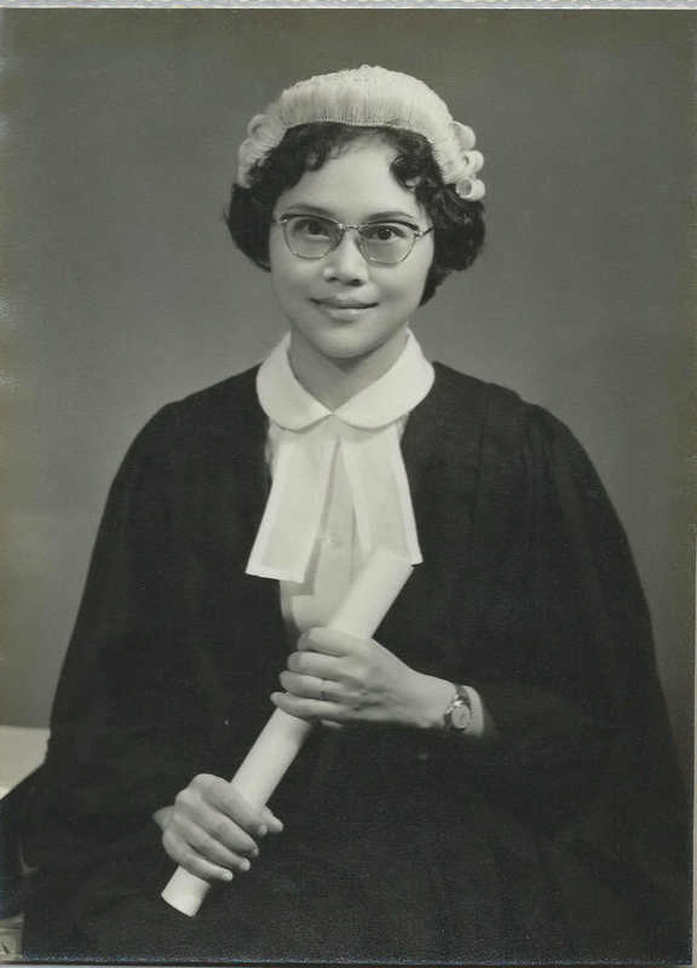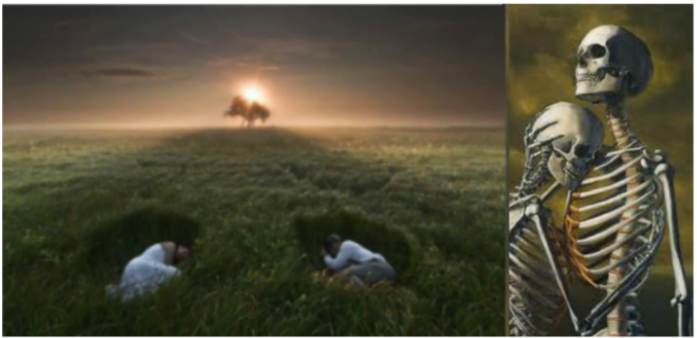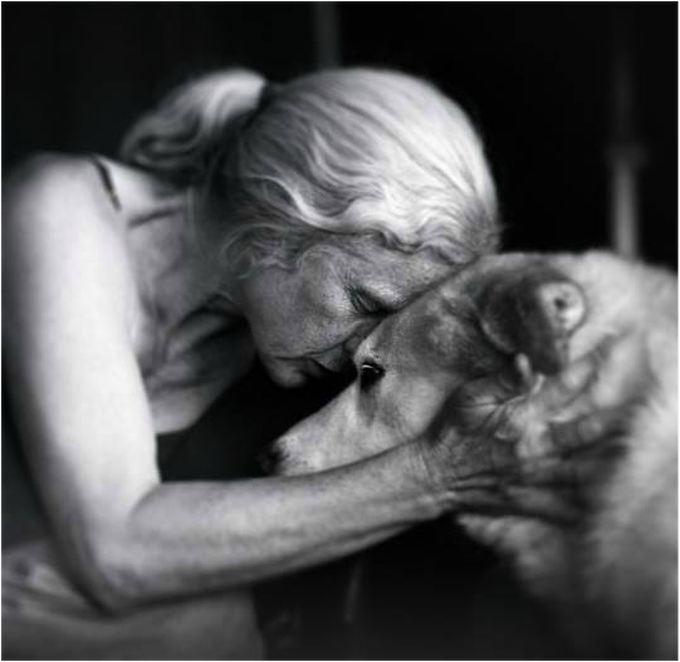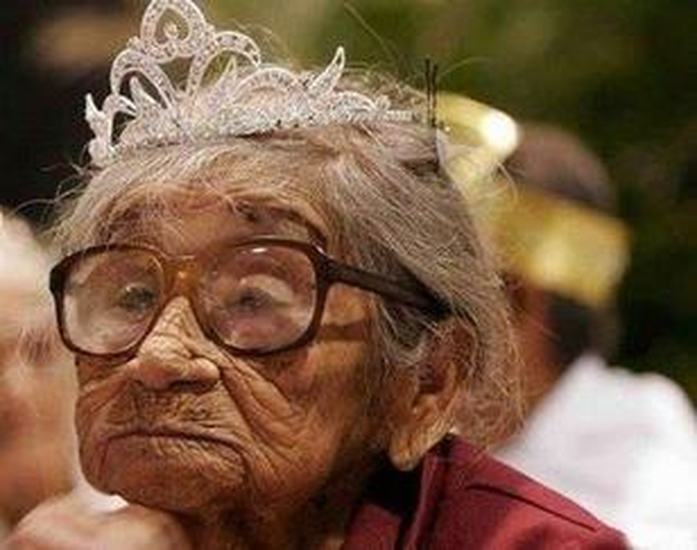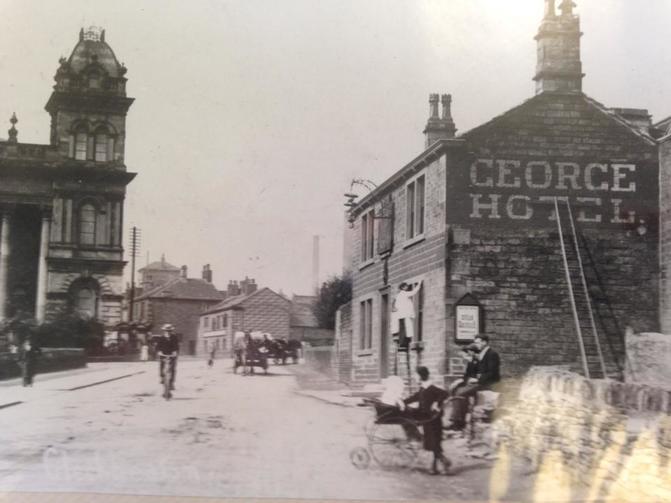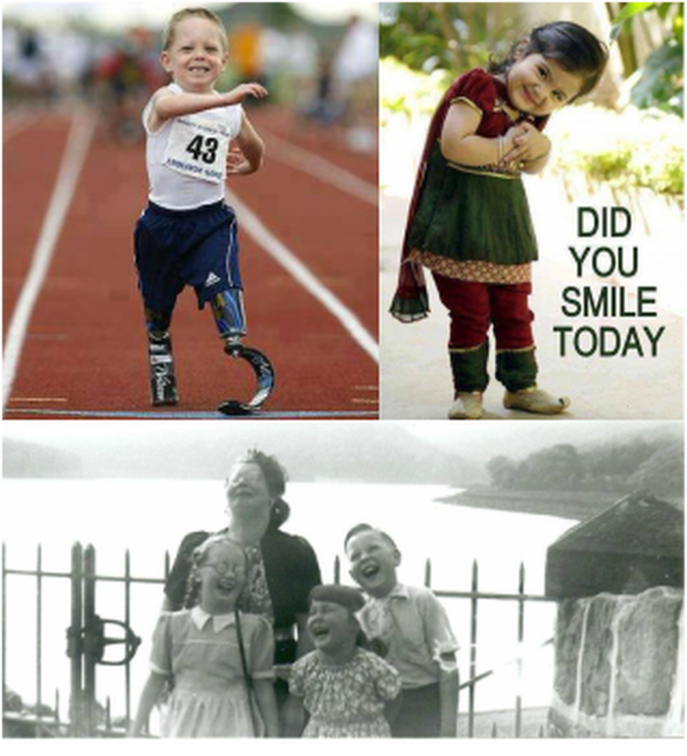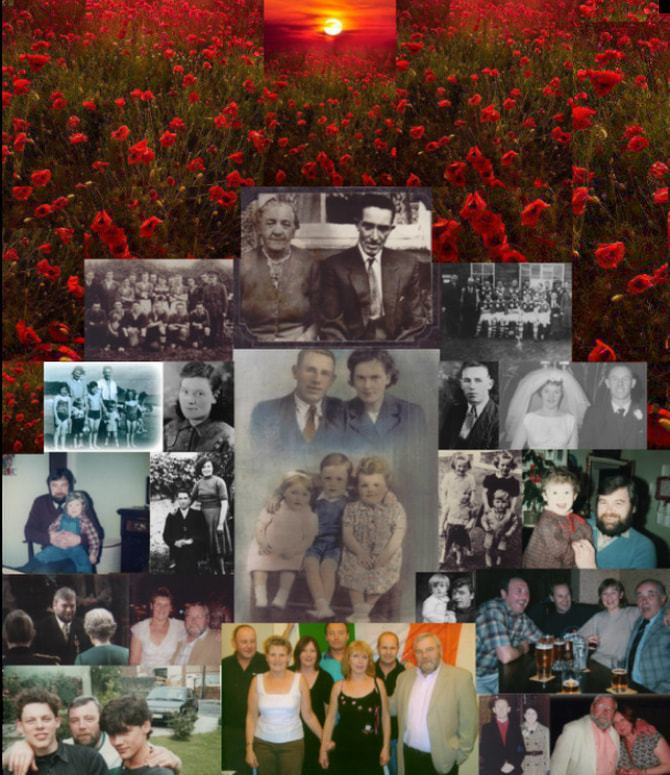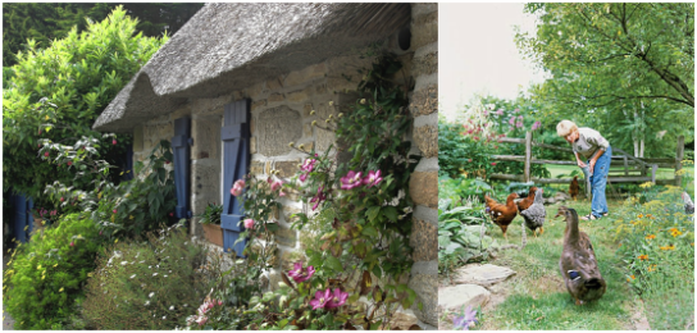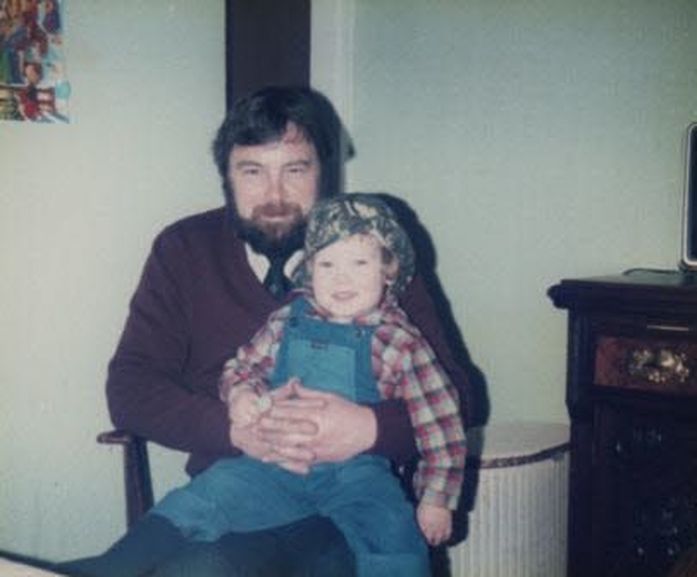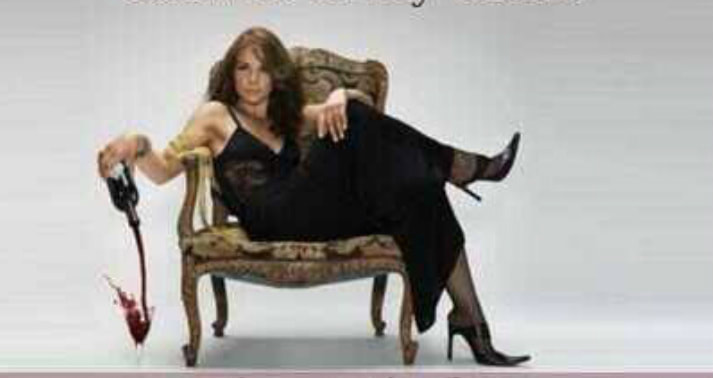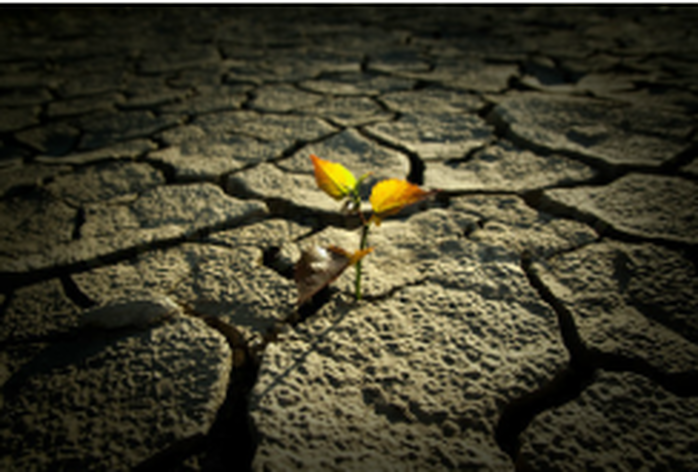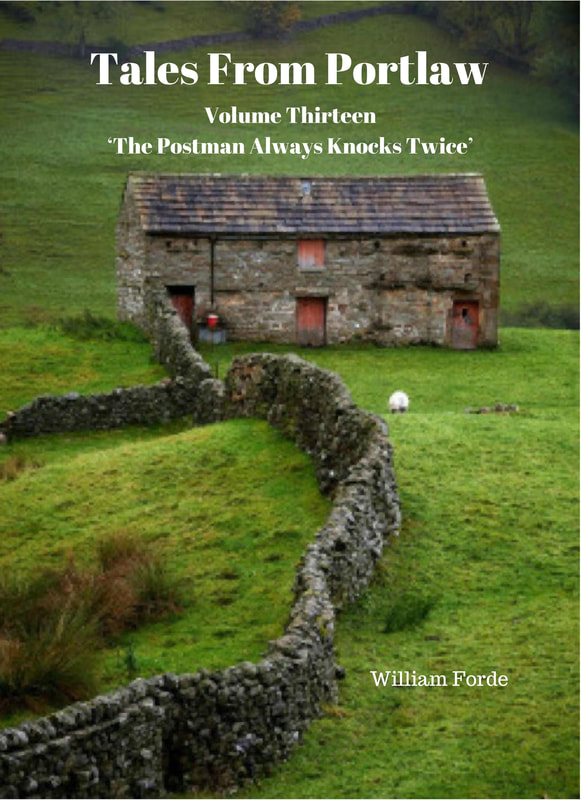"Never ever underestimate the importance of a kiss. A kiss is much, much more than an act of cordial friendship, pleasurable re-union, sexual desire or eternal gratitude.
A kiss can signify the vast difference between one's conventional sociability and also be the symbol of one's most endearing vulnerability. It is given in good faith that it will be accepted in the spirit of its true intention, for its refusal can be most hurtful.
Knowing when to kiss and how to kiss can be a minefield to tread during these times when the slightest perceived error of behaviour is capable of bringing charges of sexual harassment as quickly as a falling slice of buttered toast will land on the floor wrong side up. Do I give her a peck on the cheek/cheeks, a handshake, a hug, or am I supposed to kiss air and smile politely? And as for dating a woman, when to make one's first move is a nightmare. Do I attempt to kiss her on the first, second or third date, or will she consider me unexciting and unambitious and dump me for more daring game if don't even attempt a goodnight kiss?
Having loved reading and writing since childhood, I grew through my teenage years into adulthood perceiving a kiss as an action used to punctuate whatever relationship a couple shares. It can assume the form of a comma, which is a suitable place in the early stages of courtship to pause and go no farther. A kiss can act as a question mark upon which any further action requires certainty of mutual satisfaction and permission to continue. A kiss can also be as expressive as an exclamation mark, meaning, 'I really do like you-want you-or love you!' All these meanings should be known to any man or woman, and yet they seem to become more blurred daily.
During my lifetime, things have changed so much that it is almost impossible to conceive how any chap is ever expected to form a close relationship with a woman today without breaching some expectation, social convention or even the law. All men of my age grew up in a time when 'Yes' really did mean 'Yes' but 'No' didn't always mean 'No!' This was a time when well brought up women were supposed to never say, 'Yes' when first asked for fear of being perceived by the male as an easy catch. Not surprisingly, back in the 50s and early 60s sometimes when a woman said, 'No' initially, she was perceived by many males as not meaning 'No!' but instead, 'Maybe?' Fortunately, I have always believed that when someone said, 'No' they unequivocally meant 'No!', but you younger ones, please accept my word that it wasn't always considered as being so by all and sundry in whatever class of society one was bred, way back in the 50s and early 60s. On the estate where I grew up in the early 60s, many young men would only accept a second 'No!' in quick succession as really meaning 'No!'
When a couple arrives at the autumn of their life and approach old age together, the physical sexual side of marriage seems less important and as much pleasure is obtained by the holding of hands, a loving embrace, a cuddle or a kiss at the start and the end of one's day. It seems right that 'a kiss' is invariably both the start and the end of a lifelong relationship between man and woman or in some instances, man and man or woman and woman. However, please never allow yourself to get so busy in the rush of life that you ever leave the house and your partner there alone without giving them a small kiss.
I have during the course of my life met too many people who sadly lost their partner without ever having had the opportunity to say a loving goodbye. Never let your loved one leave the house in the rush of daily life without giving them their daily kiss, for should an accident or any other fatal incident prevent them from ever returning to you, the knowledge that when you last interacted with them, your parting kiss sealed their departure. Such a kiss will remain a lifelong support in the fondest of memory."
Love and peace Bill xxx
